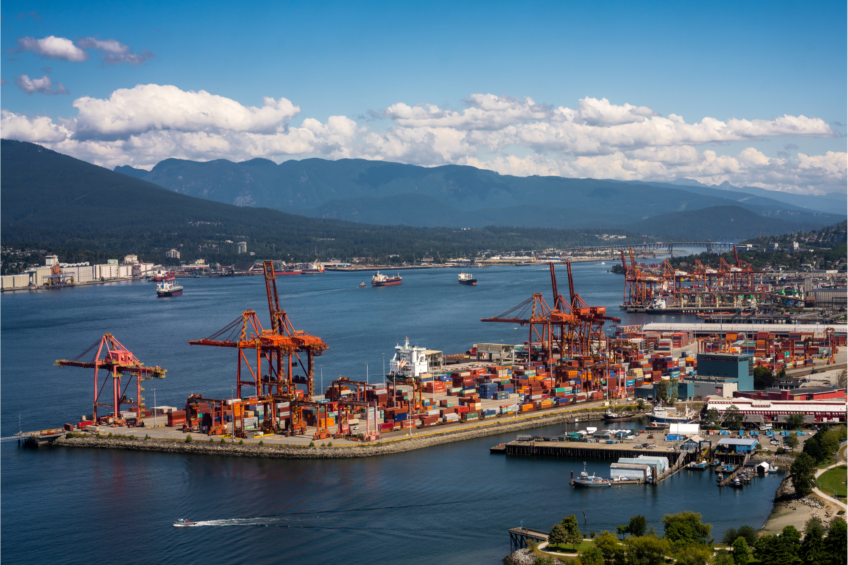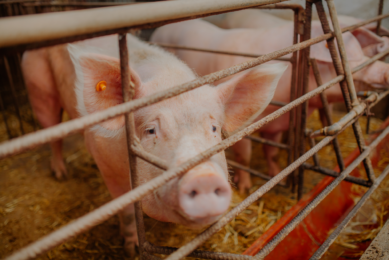Port shutdowns undermined Canada’s reputation as a reliable pork supplier

Both the Vancouver and Montreal ports were idle on November 11. This has never happened. The Canadian Meat Council (CMC) called for immediate action from the federal government to resolve the shutdowns. Labour Minister Steven MacKinnon eventually ordered the CIRB to end strikes on November 12.
Before the strike, on November 8, “labour disruptions at several major ports in BC have severely affected the flow of goods into and out of the province. These delays continue to undermine Canada’s reputation as a reliable supplier of high-quality meat products.”
Earlier this year, in August 2024, the CMC and the Canadian Pork Council (CPC) also called for federal intervention to avert a national rail strike involving 9,000 workers started in Canada. The rail strike occurred anyway. In 2023, a 37-day strike at the Port of Vancouver disrupted $10.7 billion dollars’ worth of trade.
Tristan Deslauriers, spokesperson of the Éleveurs de porcs du Québec, said that any disruption in the means to send pork to buyers outside of Canada was a source of worry for the province’s pork farmers. “We ship pork from the Port of Montreal to about 80 countries,” he says. “Disruption like this have happened before, and every time it happens, it makes Quebec Pork’s customers have concerns about our ability to fill orders.”
Port specifics
In Montreal, workers at 2 Port of Montreal terminals, Viau and Maisonneuve, were on strike since 31 October. On 7 November, port workers presented their “final and comprehensive” offer. Management refused this proposal, and workers called a lockout at 9 pm on Sunday 10 November.
In BC on 8 November, management and the workers (more than 700 of them, locked out since 4 November) agreed to meet with federal mediators. It did not go well.
Industry meetings
The CPC and CMC also recently met with government officials in Ottawa to discuss African Swine Fever, improved trade access and ongoing access to labour and immigration programs for the pork industry.
There is not much of an ASF trade recovery program at this point, to ensure Canada’s pork producers can rapidly regain market access if the disease should enter Canada. There is also a need for a strong year-round pork industry workforce in order to maintain production levels and Canada’s position in domestic and international markets.
“Our joint lobby day showcased the power of collaboration,” said Chris White, president and CEO, CMC, Canada Pork. “Together, we were able to effectively spotlight issues affecting both producers and processors in a way that demonstrates our industry’s cohesive vision for the future. We are grateful to all the parliamentarians and officials who joined us and look forward to building on these discussions.”
The event culminated in the annual PorkFest reception, where members of the CPC and the CMC were joined by government officials and industry representatives to celebrate Canadian pork.











